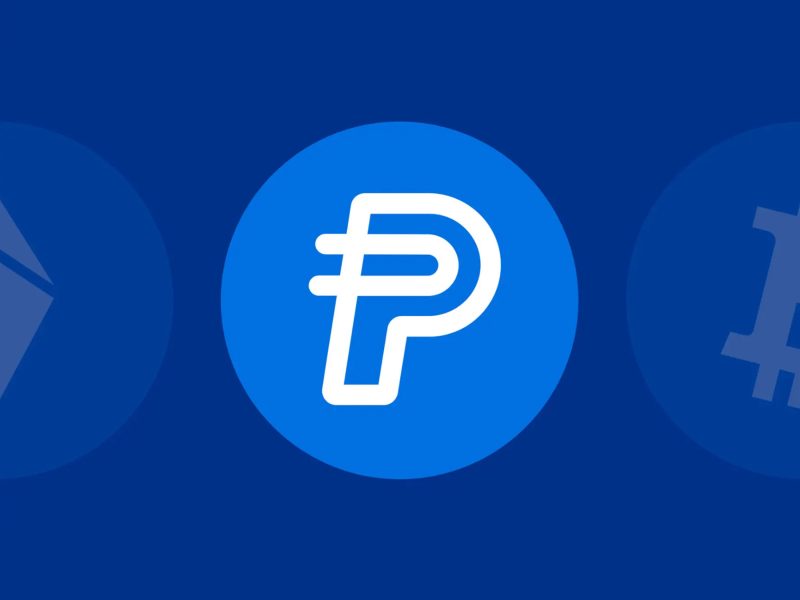PayPal, a major player in the payments sector, has rolled out a new feature named the Cryptocurrencies Hub. This development follows the recent launch of their dollar-backed stablecoin, PayPal USD (PYUSD). The hub empowers users to hold and engage with Bitcoin, which is currently valued at $29,300, and other cryptocurrencies within their PayPal accounts.
New Terms and Conditions Unveiled
PayPal’s updated terms offer a clearer picture of what crypto users can anticipate when utilizing the platform. The Cryptocurrencies Hub will cater to buying and selling cryptocurrencies and enable users to make purchases on PayPal using the proceeds from their crypto sales.
As per the sources from PayPal’s terms and conditions: “The balance in your Cryptocurrencies Hub denotes the ownership of the indicated amount of each crypto asset. However, users won’t hold the actual digital crypto assets in their crypto asset balance.”
Eligibility and Restrictions
While this feature promises a new dimension of convenience, it won’t be universally available to all PayPal users. The company will selectively grant access. Initially, to be eligible, one needs a personal PayPal account in good standing and a Balance Account. Furthermore, the user must furnish identifying information like name, address, birth date, and taxpayer identification number.
The company states: “Your Cryptocurrencies Hub can only be accessed via your personal PayPal account, and at this time, residents of Hawaii won’t be able to establish a Cryptocurrencies Hub.”
Once activated, users can seamlessly access the Cryptocurrencies Hub using their standard PayPal login details.
Mixed Reactions Over PayPal USD Launch
The PayPal USD stablecoin has ignited varied opinions in the crypto community. Many foresee PYUSD accelerating mainstream adoption of Ether. Yet, some express concerns about the potential undermining of decentralization and personal asset control. Notably, multiple smart contract reviewers have pinpointed functions like “freezefunds” and “wipefrozenfunds” in PYUSD’s smart contract, labeling them as potential centralization threats in Solidity contracts.
